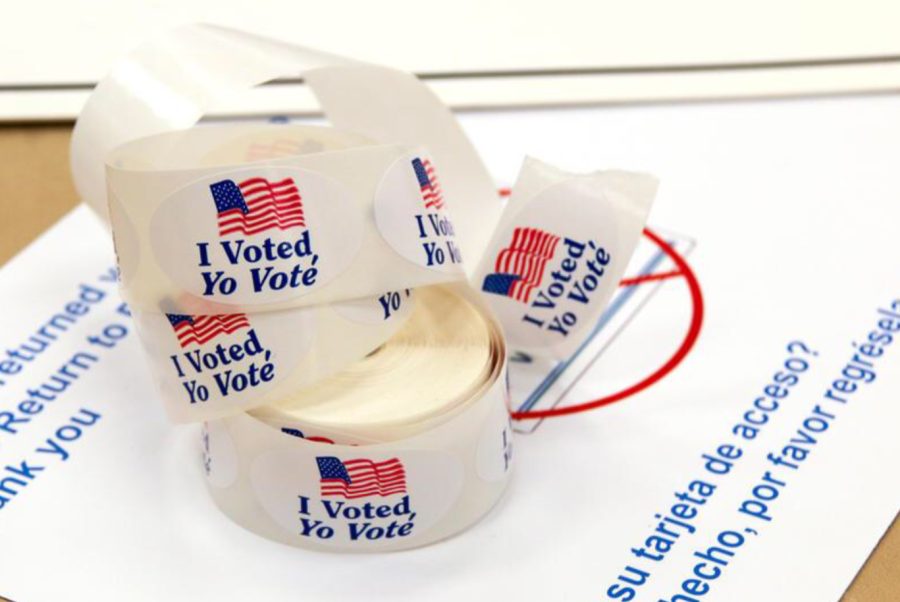Still Fighting
How Long Do We Have to Fight to Protect Every American’s Right to Vote?
January 17th was Martin Luther King Jr. Day. His legacy is fresh in our minds, which begs the question, “How far have we actually come?” The passing of the Freedom to Vote: John R. Lewis Act would be a slow march toward progress.
MLK probably hoped we wouldn’t still need to pass bills protecting people’s right to vote, but his family wholeheartedly believes that he would’ve completely supported the Freedom to Vote Act. In fact, on January 17th, his son and hundreds of other activists used the annual Martin Luther King Jr. Peace Walk to support nixing the filibuster, which is ‘a prolonged speech that obstructs progress in a legislative assembly,’ (New Oxford American Dictionary) and passing more legislation to protect voting rights.
Mr. Woolery, Notre Dame’s AP US History teacher, said that by emphasizing nonviolent tactics and rhetoric and grounding their protests in American ideals and Judaea-Christian values John Lewis and Martin Luther King Jr. “allowed the civil rights movement by 1965 in the Selma March to finally become a mass movement of not just black Americans, but white Americans. And that’s where I think [Dr. Rev. Martin Luther King and John Lewis] were crucial in getting that done and getting the voting rights of 1965.”
The Freedom to Vote Act would have allowed for same day voter registration, protected and increased access to voting by mail, restored voting rights to individuals who have been previously incarcerated, protected against voter suppression, and more. All of these are incredibly important in reaching a point where every American has the option to vote.
The bill was blocked by the senate 49-51, falling short of the 60 votes needed to beat the filibuster.
Mr. Woolery says he “generally [supports] the goals of the Freedom to Vote Act, the problem is getting it passed. I would focus right now on working to make sure that the counting of votes is secure. There is a bipartisan consensus to get [the Electoral Count Act of 1877] clarified. I would do that first and then see how it works in the 2022 campaigns. Because the Freedom to Vote Act is getting blocked in the Senate, let’s try to get something done that’s going to secure the accurate vote in future elections.”
Despite having some of the most widespread voting rights in US History, voter suppression is still a major issue. Seeing as states like Pennsylvania, Arizona, Georgia, and Michigan have taken action to limit people’s ability to vote, we need bills like the Freedom to Vote Act to ensure that the rights we have worked for will remain.

